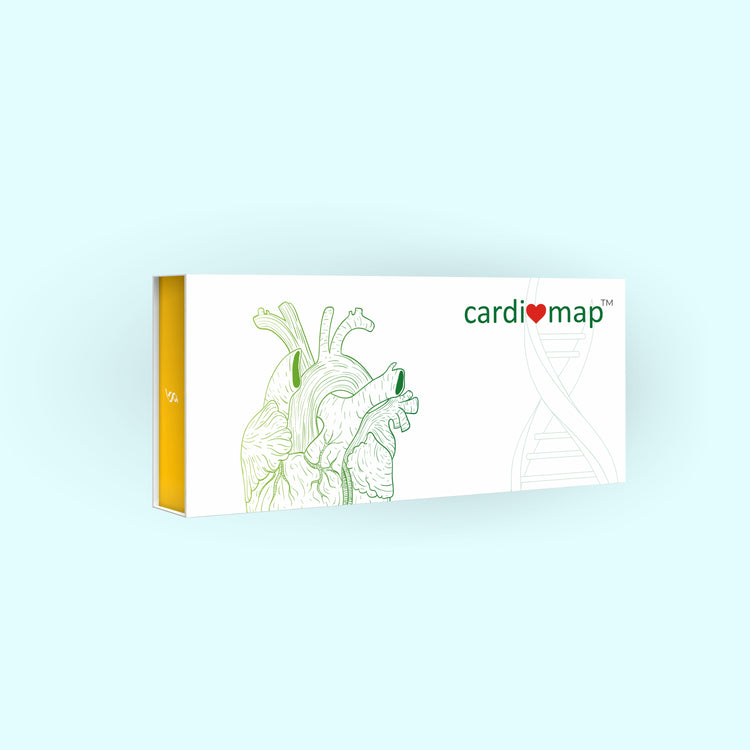Hypertrophic Cardiomyopathy
Hypertrophic Cardiomyopathy (HCM) is a genetic heart disease characterized by an abnormally thick heart muscle. The thickening usually occurs in the heart’s main pumping chamber, the left ventricle.
Impact of Gene Variants
HCM is often caused by abnormal gene mutations that result in the thickening of the heart muscles. These mutations are usually inherited, making HCM the most common form of genetic heart disease.
Ways to Recognize Problems
Most people with HCM may not have any symptoms. However, when symptoms do occur, they may include chest pain with exertion, shortness of breath, heart murmur, palpitations, and fainting after exertion.
Ways to Improve
Treatment options for HCM aim to relieve symptoms and prevent sudden cardiac death. These may include medications like beta blockers, calcium channel blockers, and anticoagulants1. In some cases, procedures like septal ablation, septal myectomy, or even heart transplant may be necessary.
Did you know
Hypertrophic Cardiomyopathy is estimated to occur in every 1 out of 500 people, making it the most common single-gene cardiac disorder. However, a large percentage of patients are undiagnosed.

